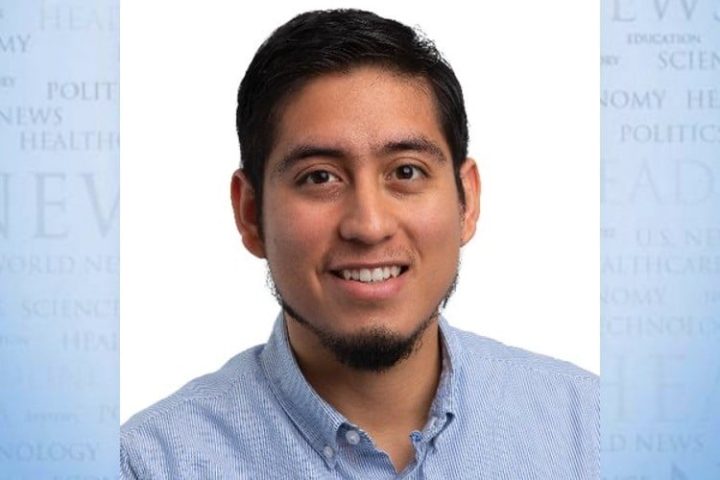
Going to extremes and throwing the baby out with the bathwater never leads to good results.
The education battle has rightly been identified as one of the most important aspects of the culture war and in the overall fight to restore the American Republic.
It’s now widely understood that the globo-Marxists have infiltrated the public schools and universities, and have long used them as mechanisms, not for actual learning, but to indoctrinate the nation’s youth in all manner of degeneracy and socialism.
As a result, many conservatives have recognized the importance of curtailing the ability of the leftists in these institutions to influence the youth, something that can be achieved by a number of methods — pulling kids out of public schools and instead homeschooling them or enrolling them in private schools; getting involved in local politics and running for school board in order to take back the public schools; etc.
Because so many colleges have become so corroded by left-wing academics, and they use their positions of power to clamp down on seemingly any voice to the right of Karl Marx, many on the right have suggested that young people avoid universities altogether when possible.
Certainly there are a lot of reasons why it can be a smart move to forgo college unless you’re pursuing something like medicine that necessitates a college degree. The cost and debt associated with a college education nowadays can be a lifelong burden for many youths — one that often interferes with their plans to buy a home and start a family. And all of that sacrifice does not necessarily mean they will find good-paying jobs at the end of the day.
And, of course, what conservative parent would knowingly send their impressionable children off to leftist university like a lamb to the slaughter for the purpose of getting brainwashed in Marxist propaganda? For far too long, American parents, believing college to be the only pathway to a successful career, did just that — and subsequent generations of indoctrinated youth have paid the price, as has the nation at large.
Nevertheless, it’s important to separate the concept of education from the concept of schooling, and emphasize that while paying for the latter may not necessarily be the best investment, one cannot, as a civilized human being and citizen in a republic, in good conscience forgo the former.
The notions of “humanities,” “liberal arts,” and “classical education” have been much maligned in recent times within conservative circles. This is for two reasons: First, these programs, dealing with subjects such as philosophy, history, law, and religion, are often the realms in which the Left brainwashes students; and second, there is the belief that these studies do not help a person get a well-paying job.
Whether the study of the humanities can help a person land a good job is debatable; certainly it works for some people. But this is not the point of those disciplines, and it does not make them any less valuable.
The problem is that, as a society, not only have we confused schooling and education, believing them to be the same thing, but we have misunderstood the purpose of both schooling and education.
The common belief is that the only reason we should strive to learn — whether it’s reading, history, math, or any other subject matter — is to get a good job in the future. This is seen with the many parents who tell their children, “You better study so you don’t have to mop floors or flip burgers at McDonald’s when you grow up.”
And it’s an attitude that’s also reflected in the complaints of students who, when confronted with a subject they deem “boring,” such as math or history, argue, “Why should I have to learn this? When am I ever going to use this? How is this going to help me in my job?”
As with anything that is minimized and taken for granted when so easily accessible, the widespread availability of learning due to public education has made us, as a society, lose sight of that fact that becoming learned has, throughout most of history, been viewed not as a chore pursued merely for utilitarian purposes, but as a privilege that allows one to live a higher, more enlightened, more fulfilling life.
And throughout history, the wealthy and powerful pursued learning and education, not because it would bring them more money (kings and aristocrats were already set for life regardless of whether they studied or not), but because, like collecting art, practicing sports, and listening to classical music, it elevated their lifestyle, making it richer and more meaningful.
Universities were originally created not as vocational schools where students learned how to make money, but as scholastic institutions for the learning of the humanities, which cultivated in the wealthy who attended them the attributes of civilized men.
Studying art, music, mathematics, history, philosophy, logic, rhetoric, and other disciplines within the humanities has always been the privilege of the rulers in a society. And because, in America, We the People are all meant to rule, it should be the duty of every citizen to develop, through a classical education, the thinking ability and wisdom necessary to be a responsible, contributing member of this Republic.
So whether one goes to college or not, everyone should make lifelong education and study of the humanities a goal. Doing so will lead to a higher quality of life and, ultimately, a stronger nation.




